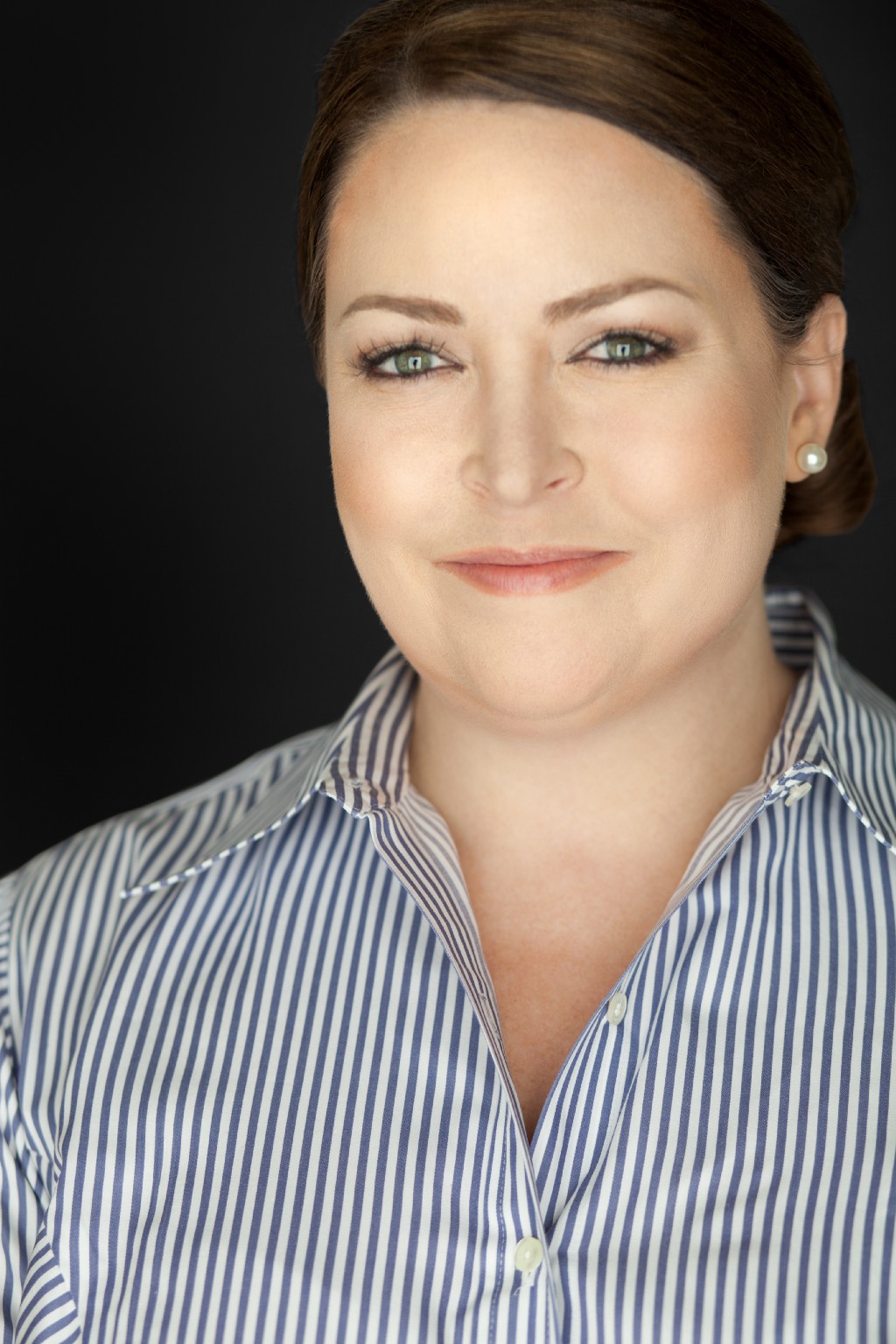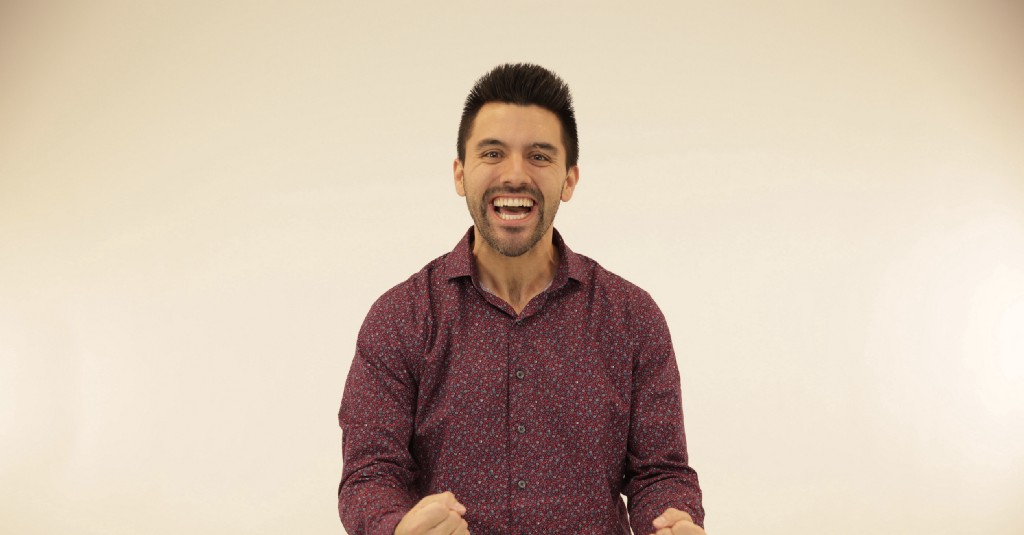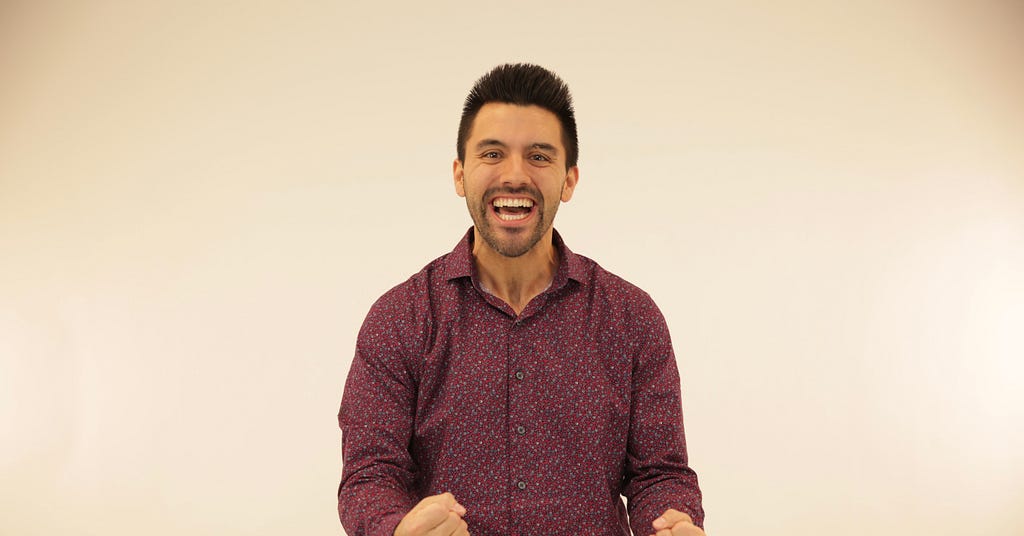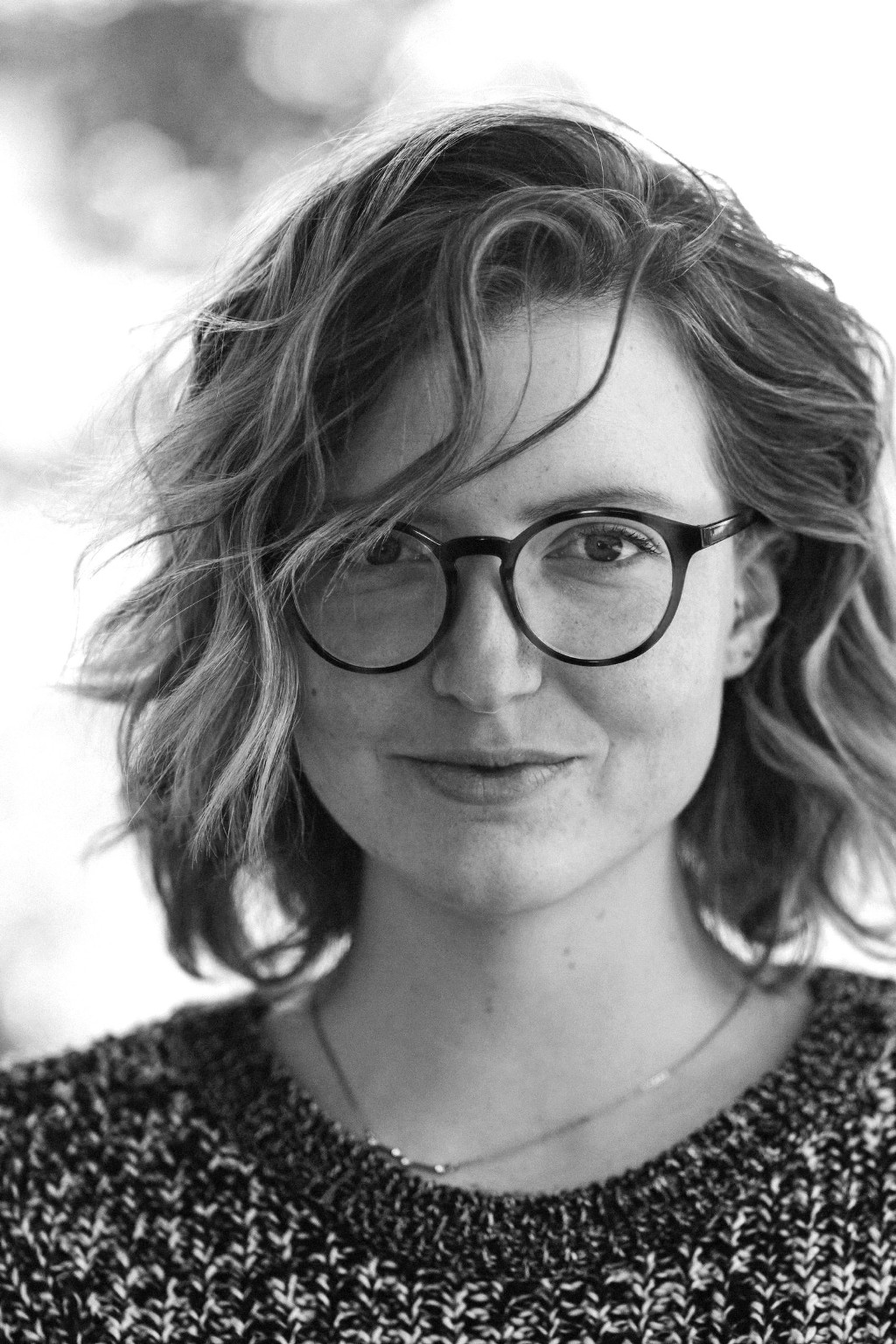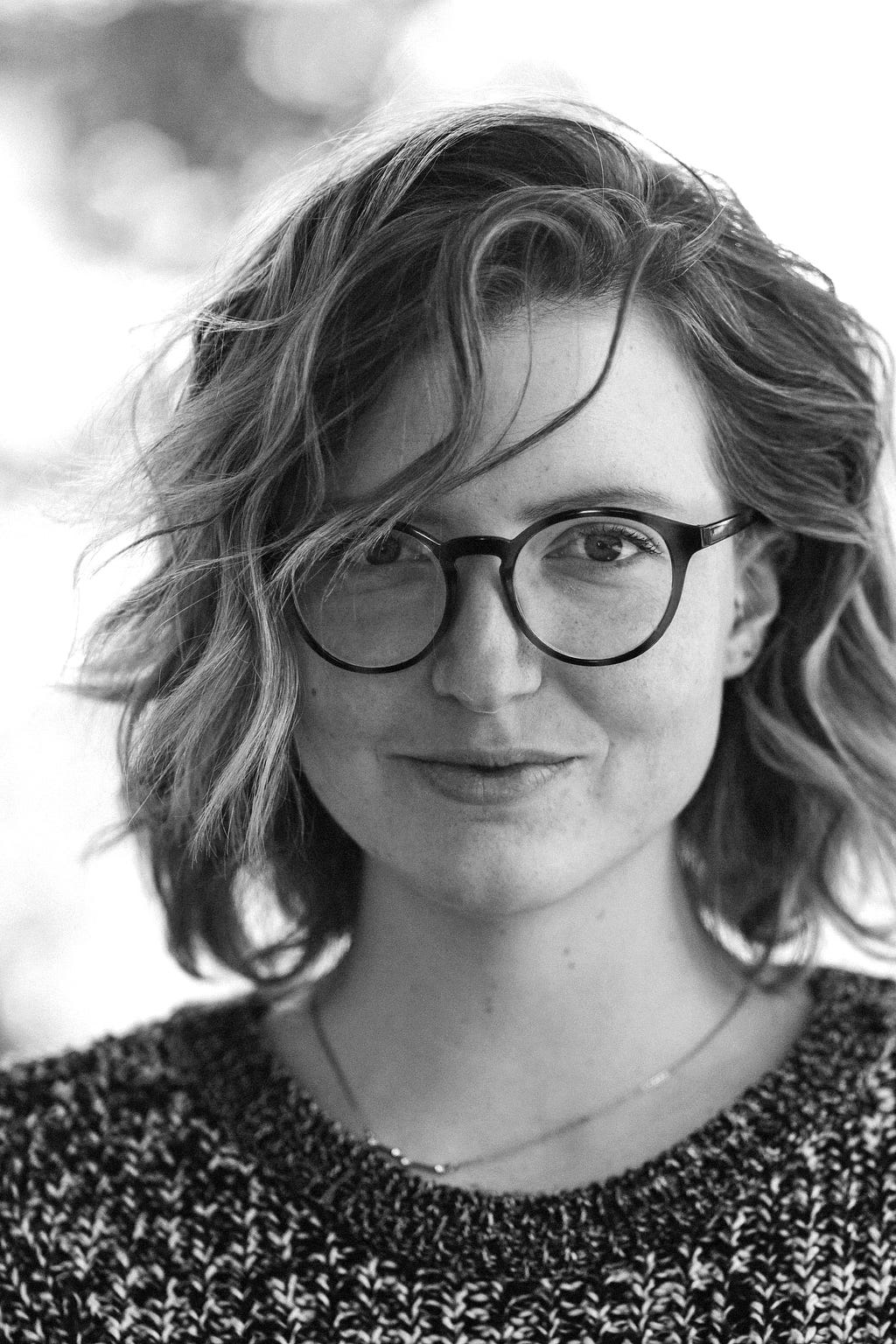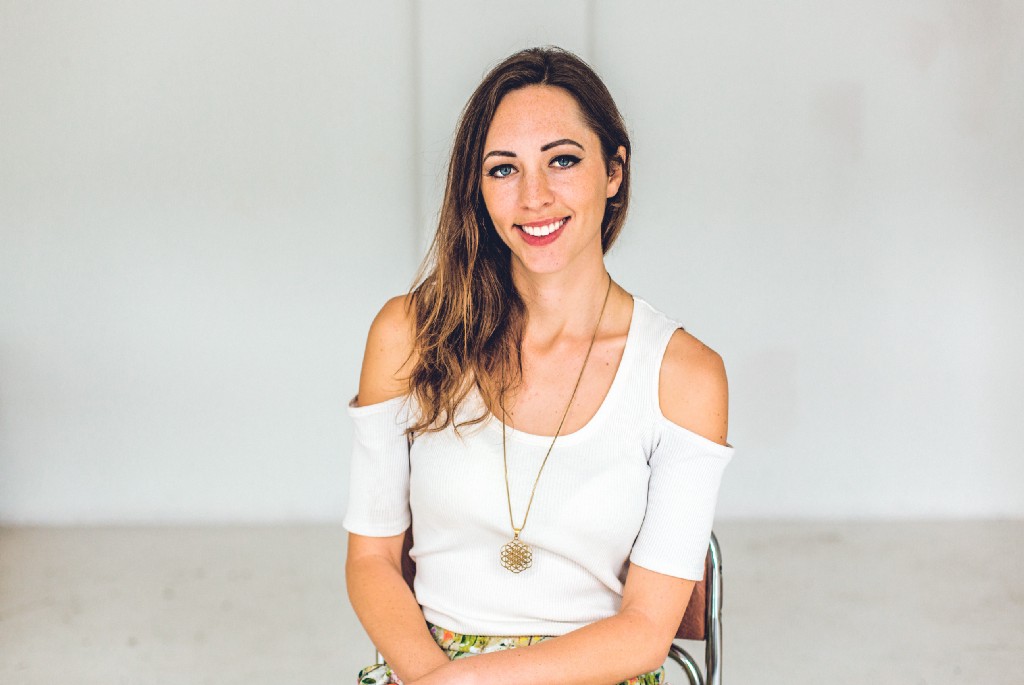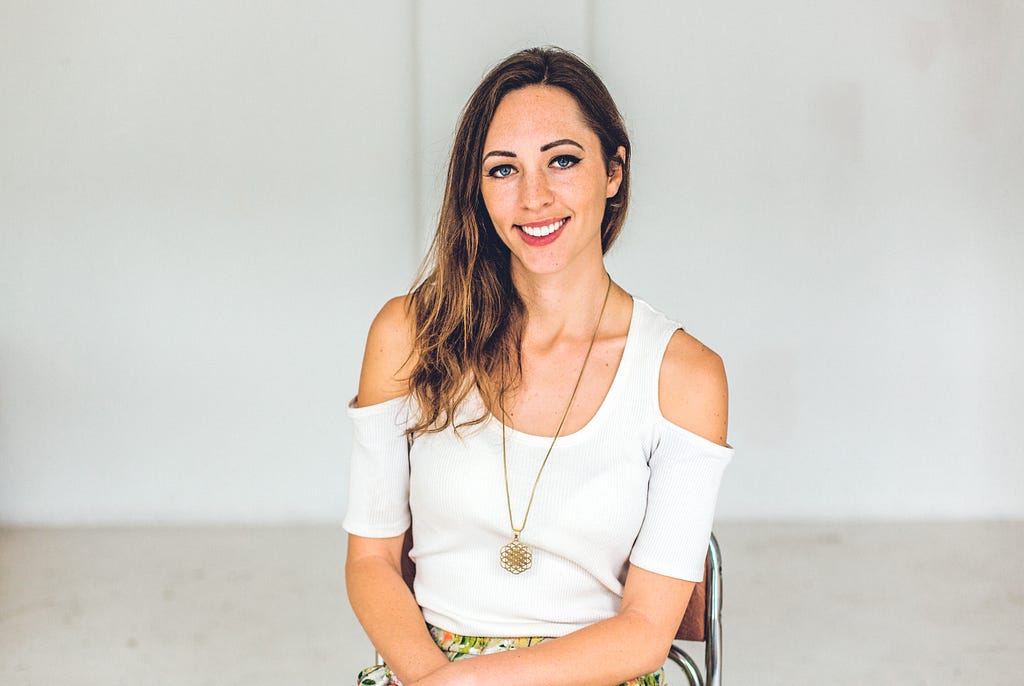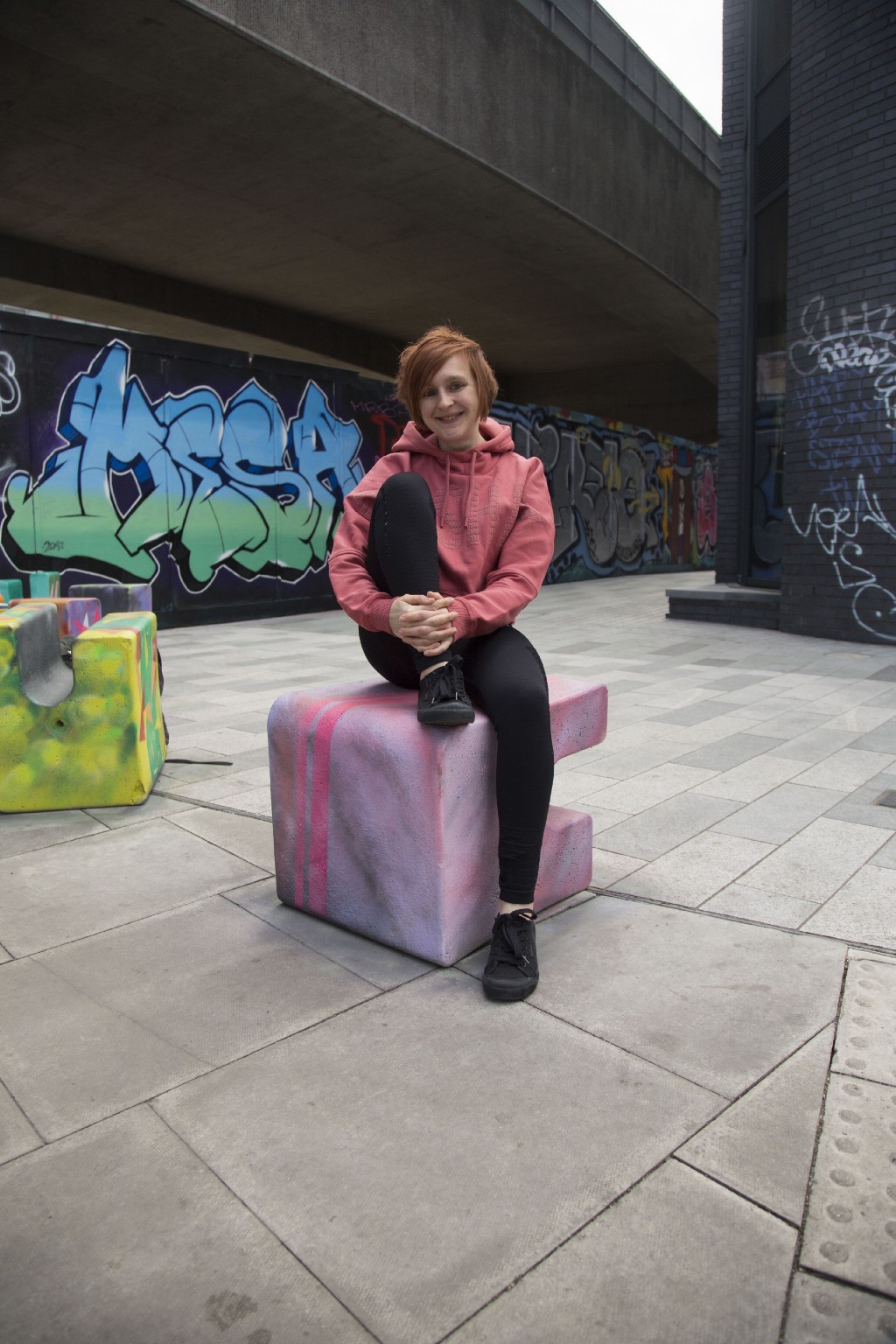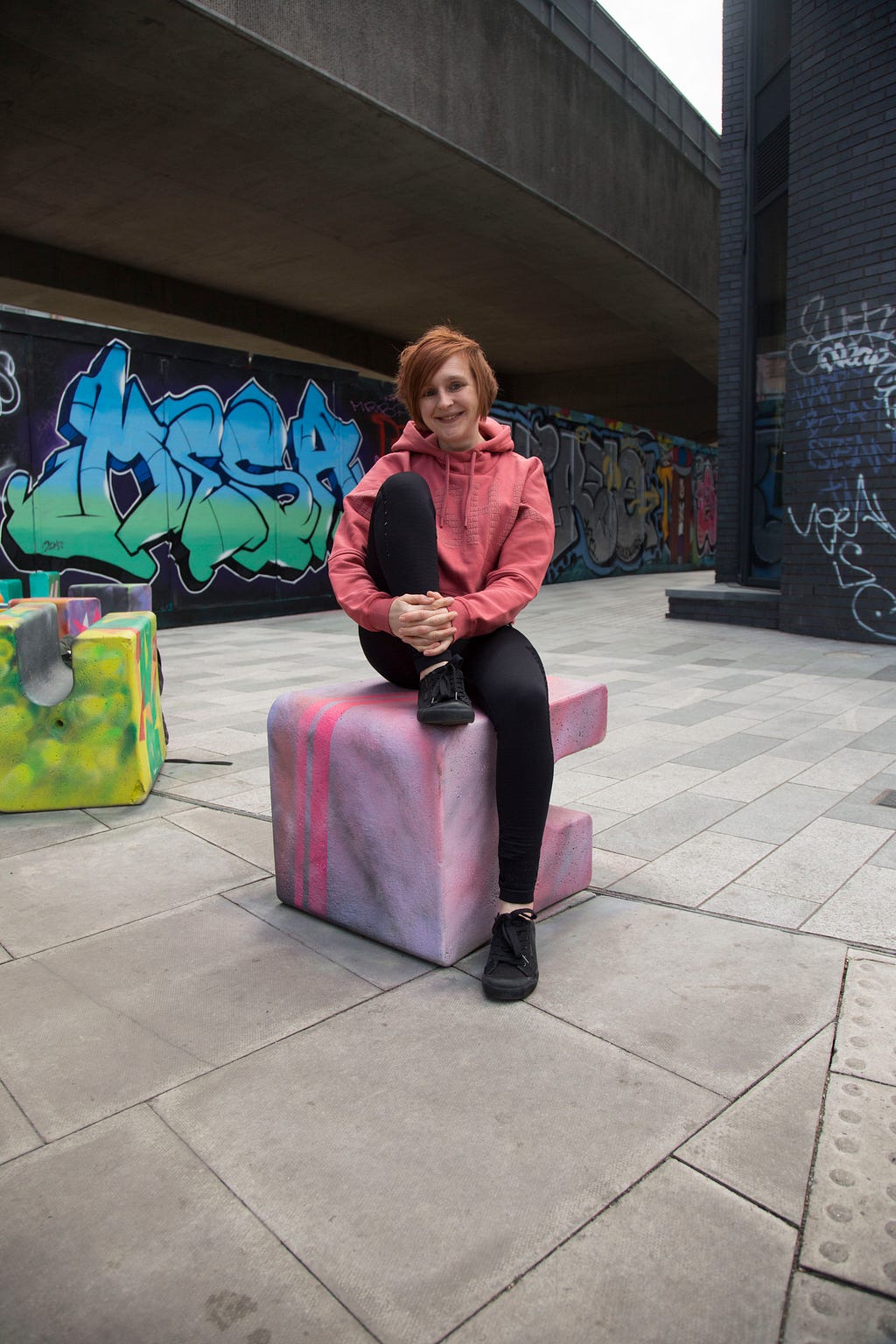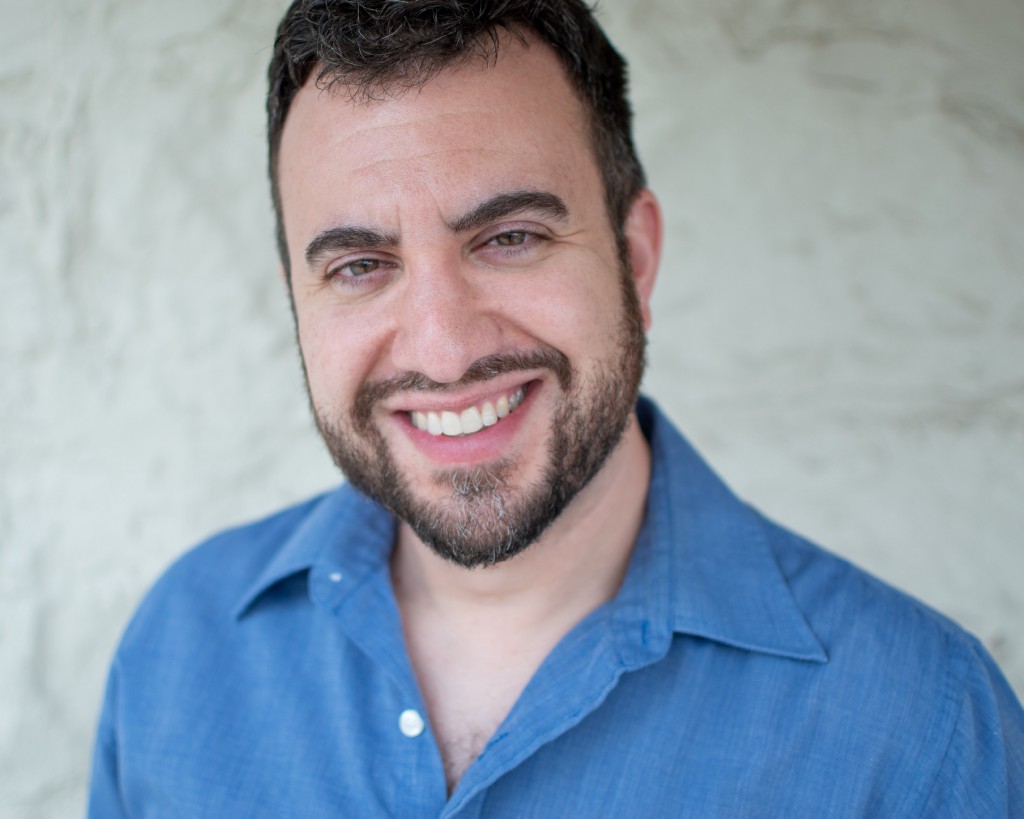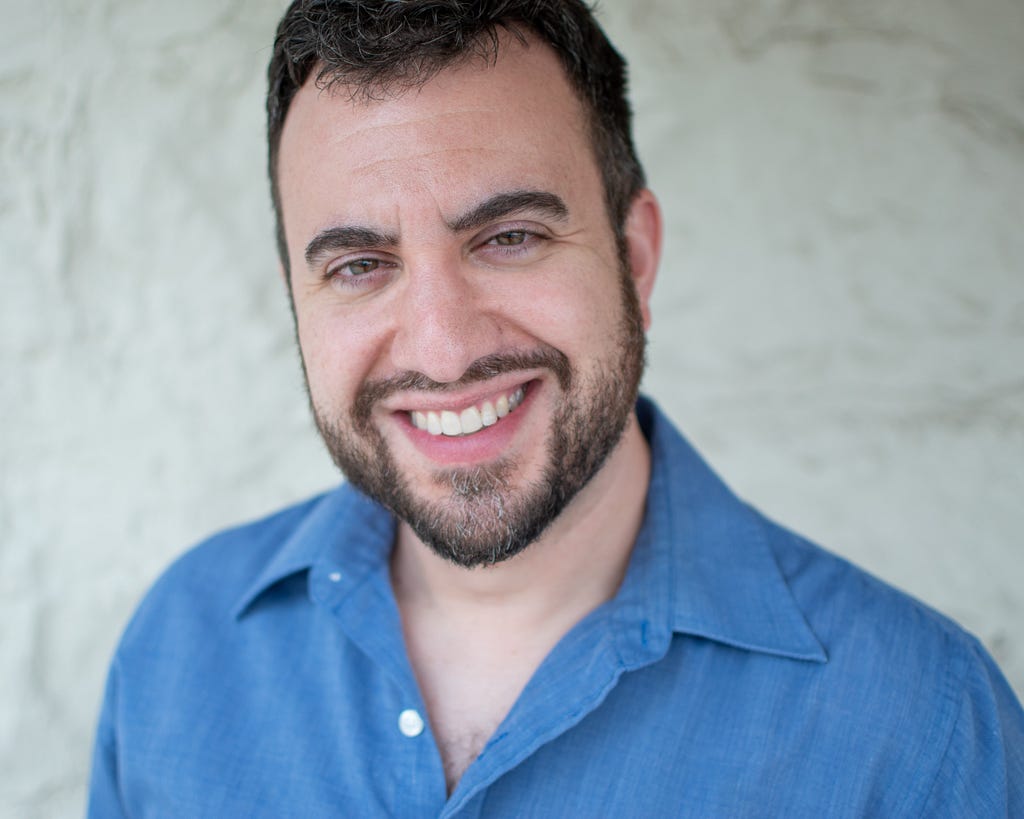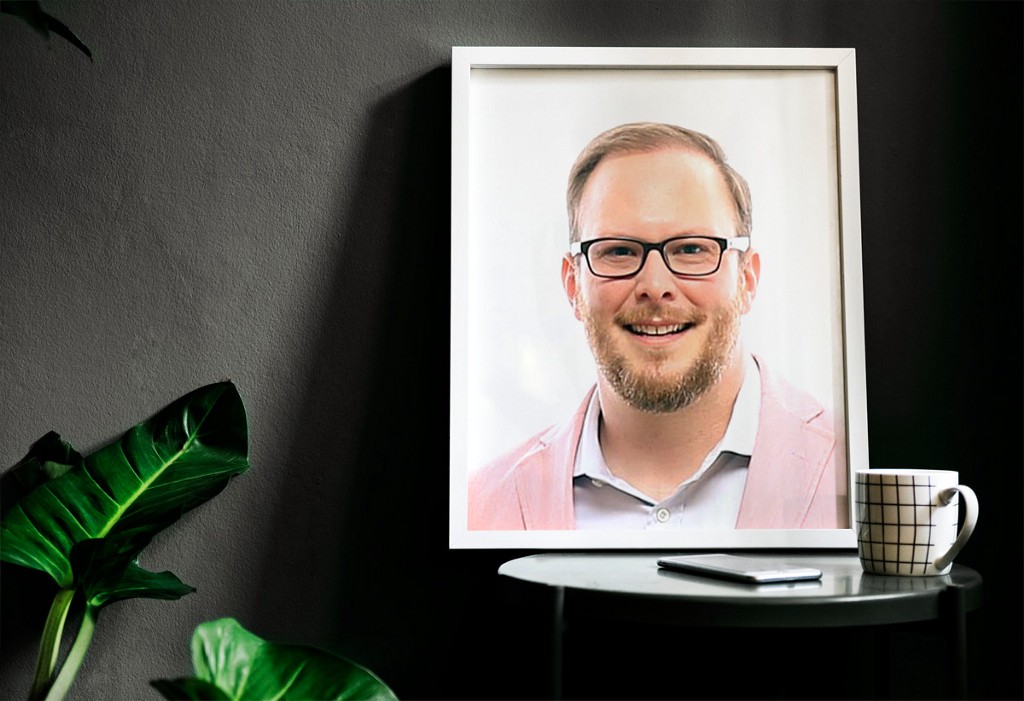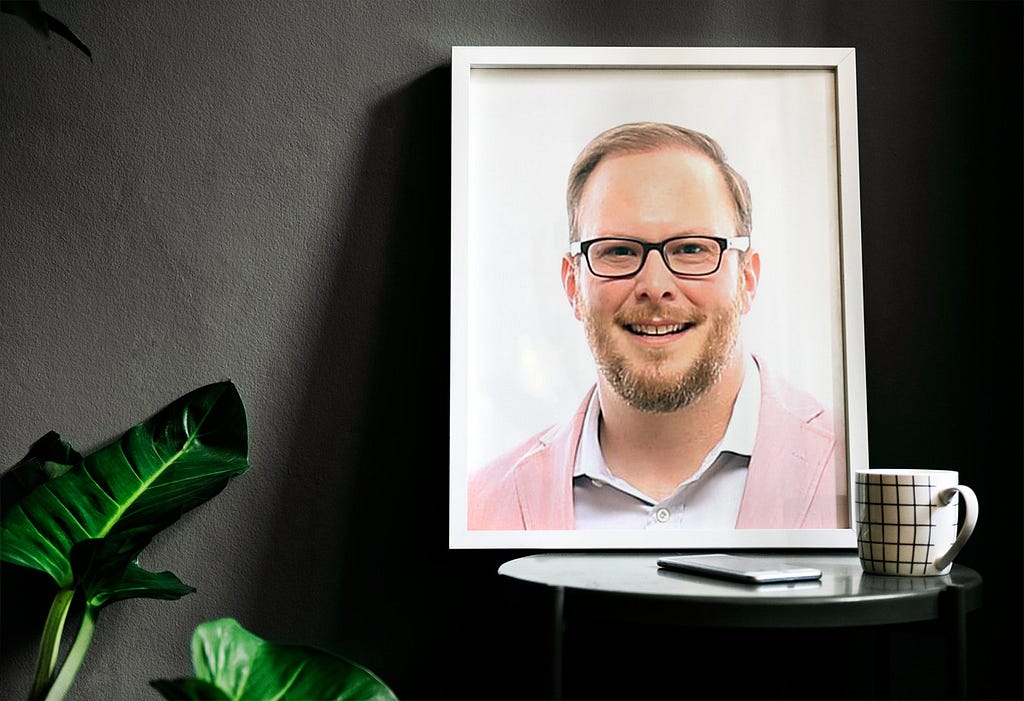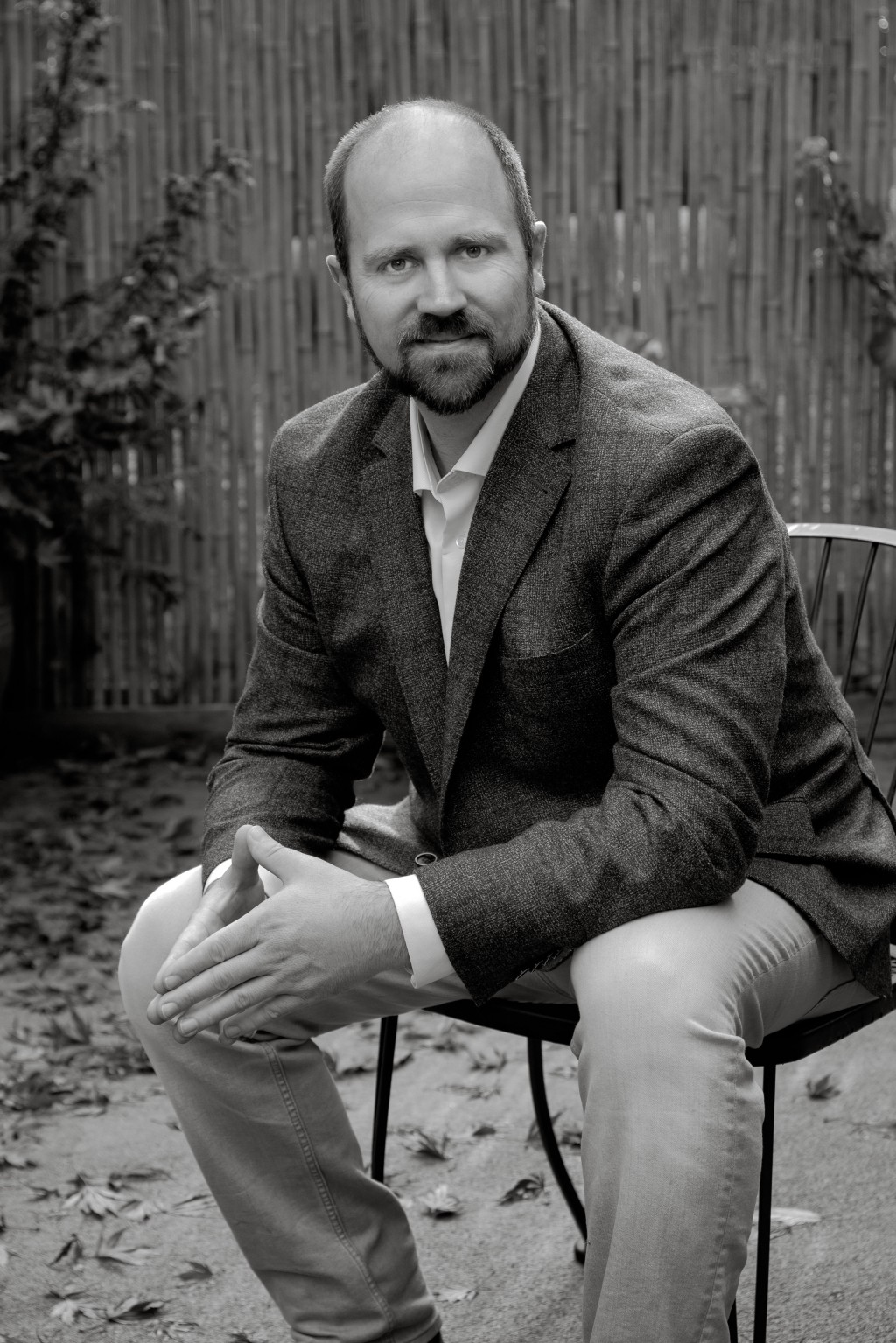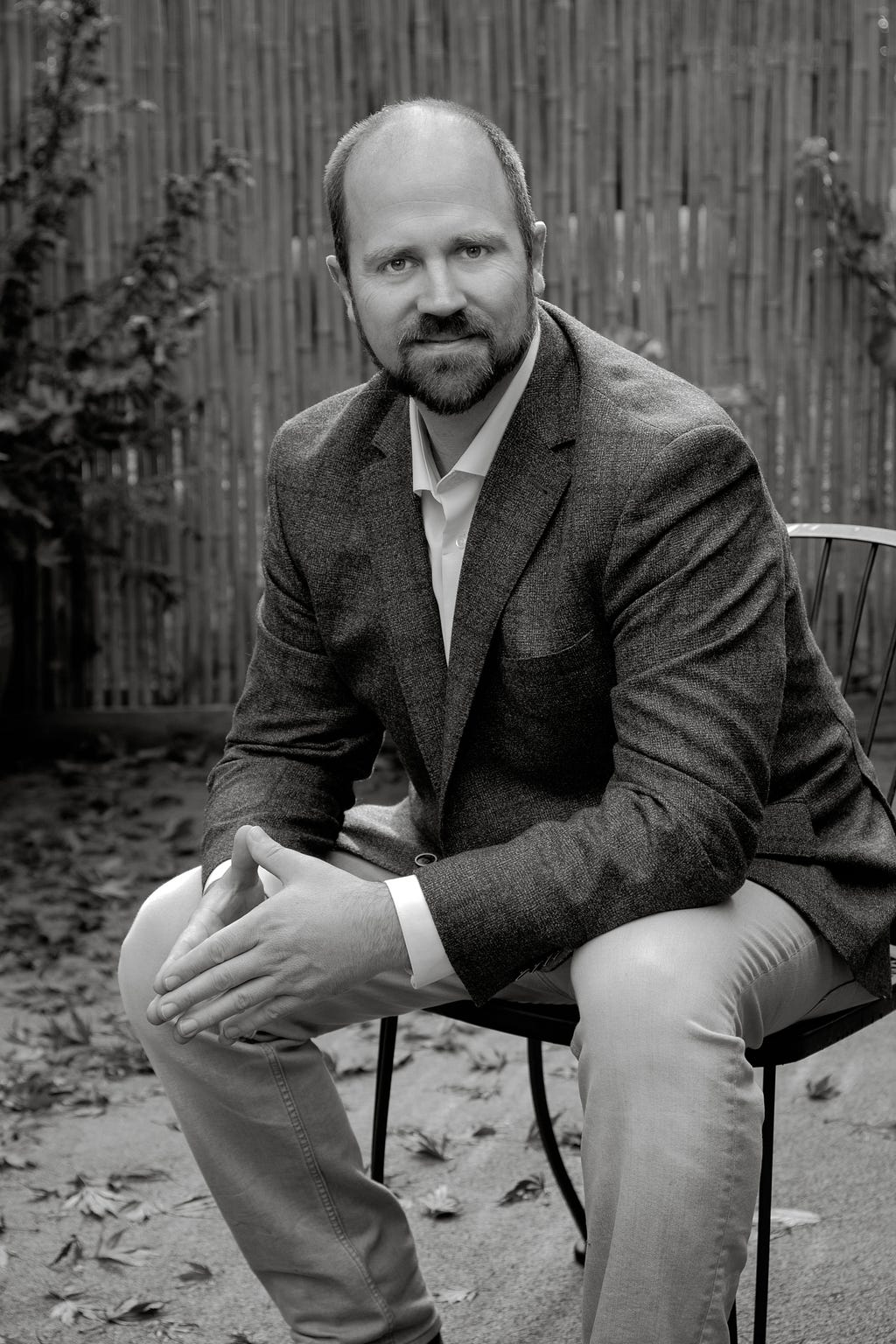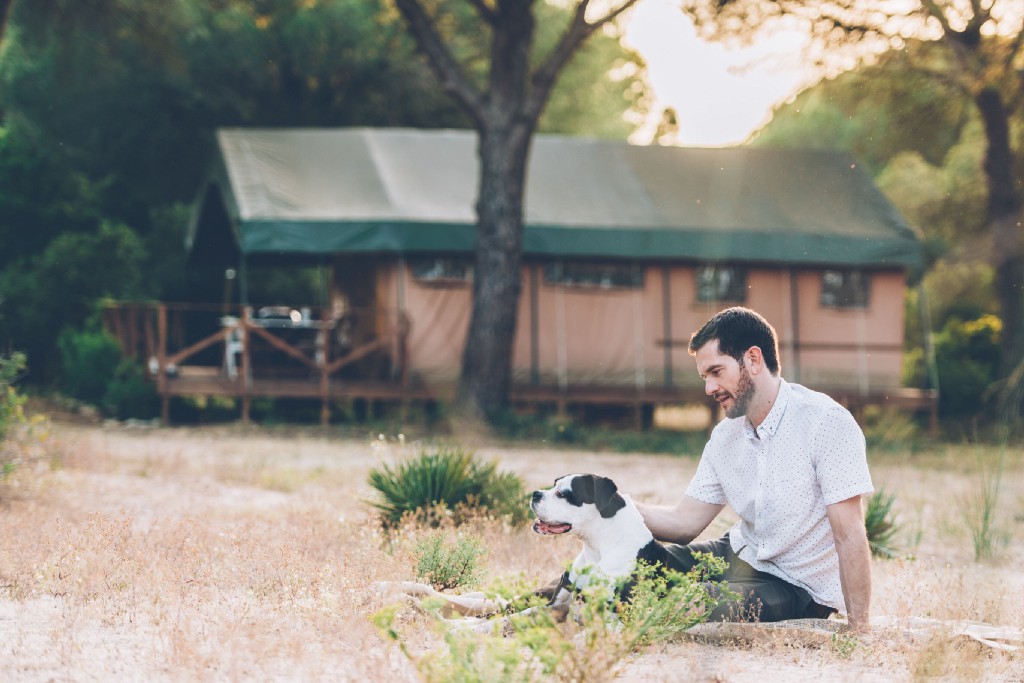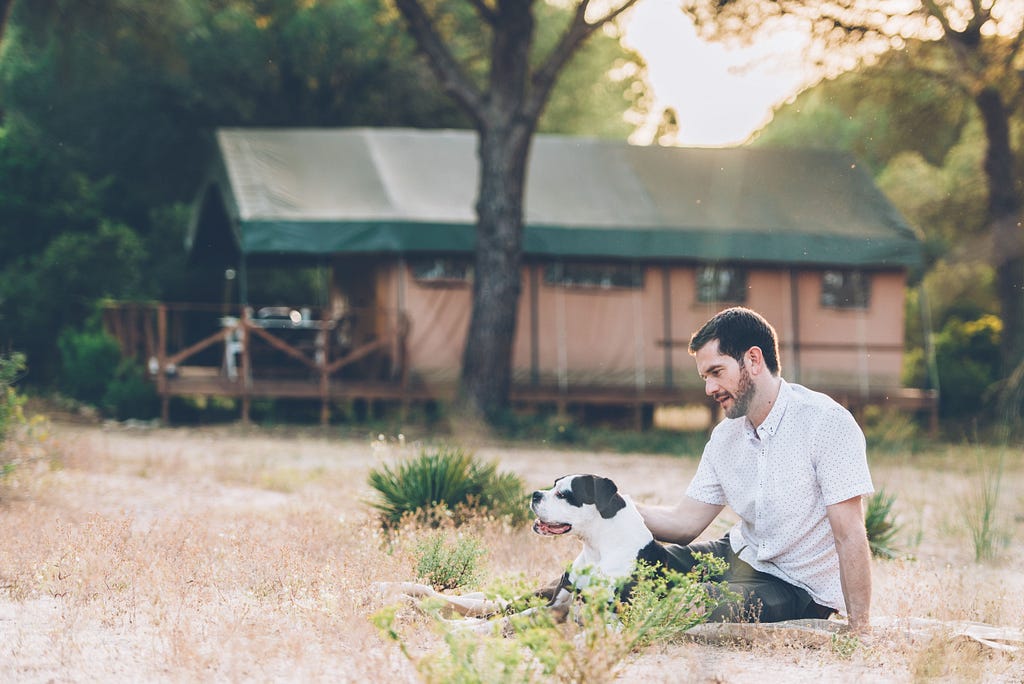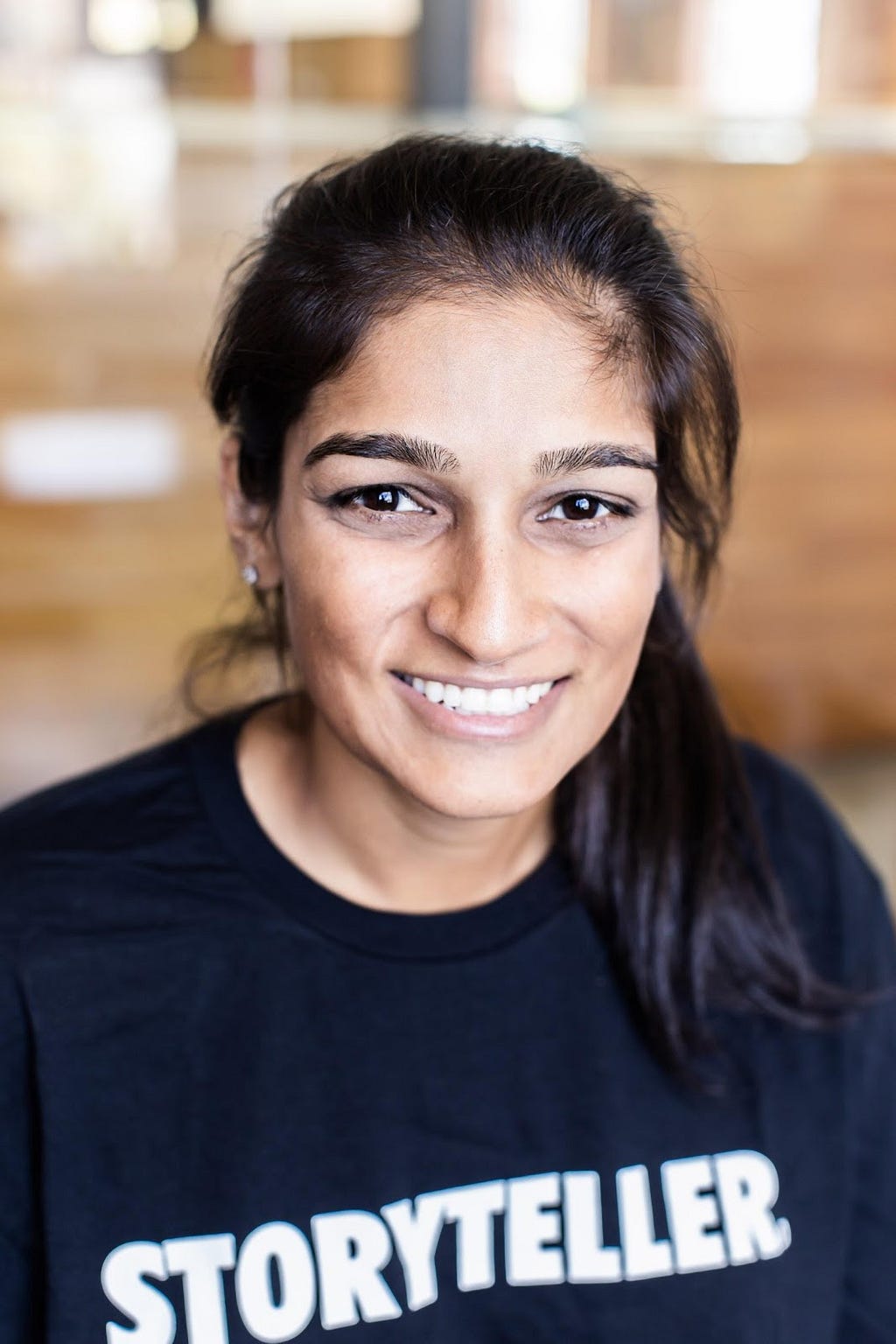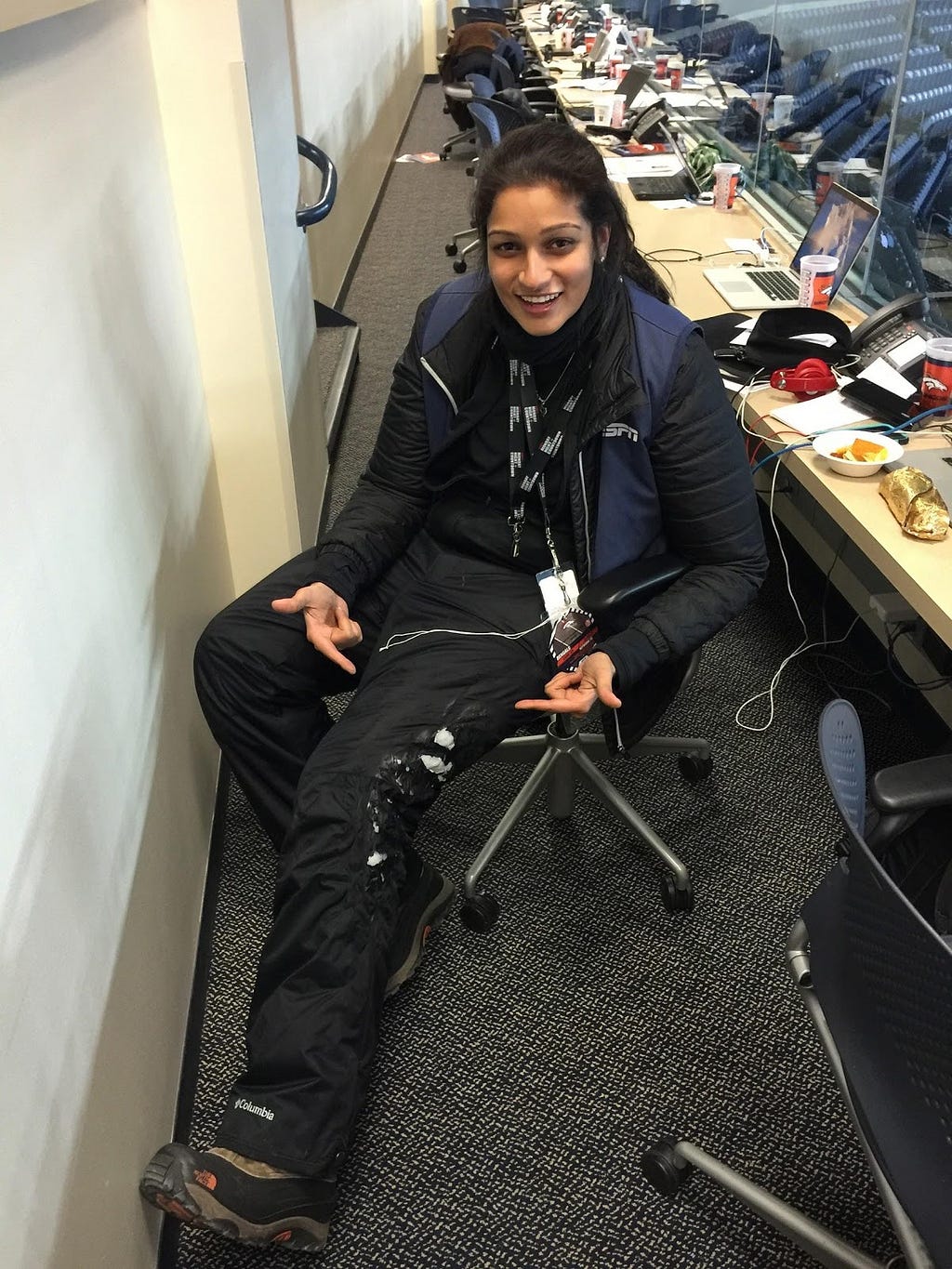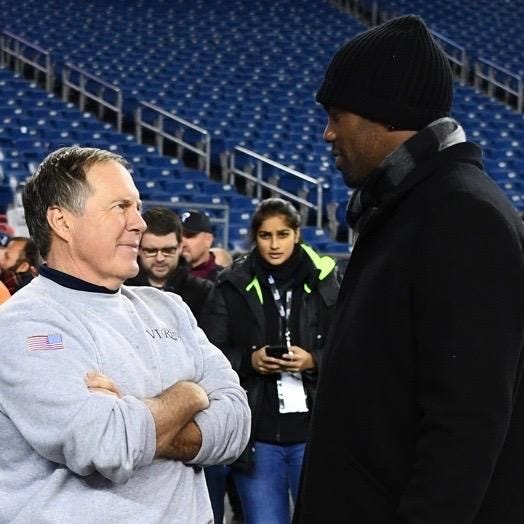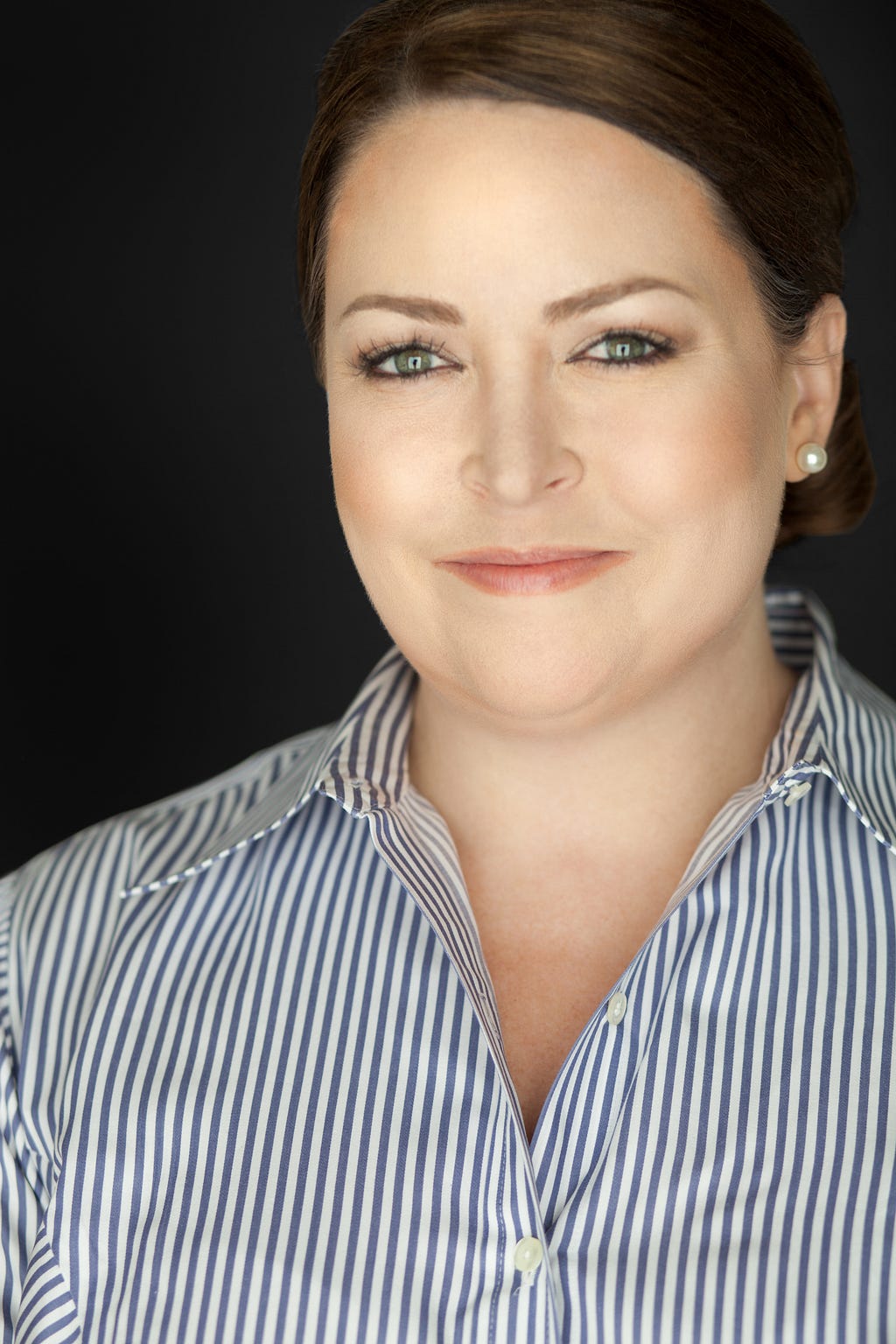
I have helped thousands of women negotiate higher salaries and build confidence to secure better jobs. I developed a repeatable, scalable, and affordable platform that provides women knowledge and specific tools and empowers them to realize their value and potential, take personal responsibility for their career growth and reach higher to create their own success. My vision is to share this mission with companies and educational institutions across the nation.
As part of my series about “The five things we need to do to close the gender wage gap,” I had the pleasure of interviewing Lauren Hasson is the Founder of DevelopHer and a senior engineer in apps and information security at a leading Silicon Valley fintech company.
Lauren transformed her career from rock bottom into a top, high-profile professional and nearly quintupled her salary in less than four years. Now, she’s moving the needle to bridge the gender wage gap and inspiring thousands of women to build their best careers and break glass ceilings.
Lauren’s work with DevelopHer has been featured in the international IEEE Women in Engineering Magazine, and she’s been hired by top companies like Google, Dell, Intuit, Armor, and more to train and inspire their women. Lauren has received a number of awards for her work, including the Women in IT Awards Silicon Valley “Diversity Initiative of the Year” Award, a Gold Stevie Award for Startup of the Year, Consumer Services 2019, a Silver Stevie Award for Female Solo Entrepreneur of the Year 2019, and two Bronze Stevie Awards for Tech Startup of the Year, Services and Startup of the Year, Consumer Services. Additionally, Lauren was recognized by the United Nations as a Finalist for their WSIS Stakeholder Platform Prize and by the Women in IT Awards New York as a Finalist for the “Innovator of the Year” Award.
In addition to her DevelopHer work, Lauren is an accomplished software engineer. Her professional engineering work has been featured in Apple keynotes, she was one of 100 top innovators invited to attend the UK G8 Innovation Summit, and she’s won multiple, high-profile hackathons. In her career, she’s held both senior leadership and senior engineering roles at startups and prominent agencies alike.
Thank you so much for joining us! Can you tell us the “backstory” that brought you to this career path?
Six years ago, I had just returned from the UK G8 Innovation Summit and had a conversation with a male coworker that changed the trajectory of my life. During our conversation, he complained to me about how little money he was making. When he told me his salary, I was stunned! He was making exactly what I was making at the time though my experience and credentials far outweighed his relative value to the company. Even worse, he had been hired at a rate 50% higher than when I first joined the company at his level.
Instead of blaming others, I didn’t wait and became the change I wanted, and I got it! Within just two years, I TRIPLED my salary and that difference was SIX-FIGURES — that’s an additional six-figure amount that I earn EVERY year now!
The journey to tripling my salary wasn’t an easy one, it was one of trials and failures, and of course, iterative successes. Each failure brought new insight to the journey and how I could use what I learned from each failure to my advantage to ultimately succeed. Of course, I absorbed every piece of knowledge I could find on personal and professional development and salary negotiation to arm myself with tools I needed, but it was in the failures I found what worked for me, and how I could leverage my own strengths to realize success.
Bad experiences and personal loss are opportunities to learn. This is the foundational message of DevelopHer and what we strive to instill in other women. I also recognized the importance of owning the outcome you want for yourself. I don’t expect opportunities to be given to me. I go out and create opportunities for myself!
But achieving this success wasn’t enough for me. I had invested thousands of hard-earned dollars, as well as hours and hours of my life, overcoming my own pay inequity. I looked around and saw other women struggling with the same issues. Someone had to make a change and decided I must be the change. I wanted to arm women with tools to overcome pay inequity, without having to struggle to find the resources as I did.
So, I did something about this and launched DevelopHer in late 2017 with only my personal savings and no outside investment and all while working full-time as a successful software and information security engineer. I created DevelopHer to share my experiences and help other women see there is always a way to get through challenges and be a positive force in their own careers. I wanted to distill the essence of how to negotiate for higher pay into a scalable, relatable, and affordable program to help women overcome pay disparity and arm them with tools to earn higher salaries and give them the confidence to reach higher in their careers.
DevelopHer is the realized vision of a scalable and affordable platform that can reach millions of women. The DevelopHer platform has empowered thousands of women to earn 26%, 43%, and even 67% salary increases in just a single negotiation. Women have also gained the confidence to secure better positions and move beyond glass ceilings, bridging the challenging opportunity gap.
I created something that inspires women to seek an understanding of their true value and to continually learn and seek growth. Women who know their value and know their relative value in the marketplace will be better able to command higher salaries, either within their current company or with another employer. With this understanding, they are better prepared to take the most important step, which is to self-advocate.
My goal is, and has been from the beginning, to create real change at a grassroots level. The continued growth of DevelopHer depends on women telling their compelling stories. In the beginning, I wanted to tell the stories of talented, strong women who had faced their own personal and professional challenges and had ultimately overcome them. It was in these shared stories on which women could build a base of knowledge and empowerment from which they could propel themselves, and others further. In two short years, DevelopHer has expanded its reach and influence to thousands of women. The change is real and all from women sharing their knowledge and experiences. The change and impact are evidenced by the clients DevelopHer has served, and by the number of awards, DevelopHer has received.
A few of DevelpoHer’s awards and accomplishments include:
- Women in IT Awards Silicon Valley Diversity Initiative of the Year 2018
- Winner of Gold Stevie Women in Business Award for Startup of the Year, Consumer Services 2019
- Winner of Silver Stevie Women in Business Award for Female Solo Entrepreneur of the Year 2019
- Winner of Stevie Bronze Award for Tech Startup of the Year, Services 2019,
- Winner of Stevie Bronze Award for Startup of the Year, Consumer Services 2019,
- Finalist for United Nations WSIS Stakeholder Platform Prize 2019,
- Finalist for the Women in IT Awards Silicon Valley Diversity Initiative of the Year Award 2019,
- Finalist for the Women in IT Awards New York Innovator of the Year Award 2019,
- Featured in DataBird Business Journal as 1 of 250 Inspiring Female Entrepreneurs 2019,
- Invited to attend meetings with the United Nations in New York City and Geneva, Switzerland to discuss bridging the gender wage gap in technology,
- Collaborated with the Chanel Foundation to empower women in technology
These awards and acknowledgments are only the beginning of the DevelopHer story. Our future is in the adoption of the DevelopHer platform by businesses and institutions of higher education. This adoption will allow women at all levels to learn and grow personally and professionally, and to conquer the gender pay and opportunity gap.
Through my experiences with DevelopHer, I have personally witnessed that teaching and arming women with knowledge and empowering them to take responsibility for their career growth creates value, not only for the individual but for the companies where they work. According to one company officer, members of their women’s network who attended, “left ready to take a new look at how they are approaching career growth and personal motivation.”
I have come so far in two years with DevelopHer, but there is much work to be done still. I will continue speaking engagements, but I plan to secure additional partnerships with companies and educational institutions to implement the technology platform for the benefit of their students and employees. It’s my vision that DevelopHer will be THE resource for women and employers of women and the international benchmark for companies who wish to credential their commitment to women.
Can you share the most interesting story that happened to you since you began this career?
I’m best known as the face of DevelopHer and for sharing my own personal stories of overcoming pay inequity and building my career from nothing. What is most interesting and what people don’t often realize is that when I founded DevelopHer I had so much imposter syndrome that I didn’t think anyone would care about my own story. Instead, I shared the stories of other leading women in tech and their career journeys. Who was I to tell my story when there were so many other women, more accomplished, more successful who would better be able to tell their stories?
One of the most surprising things I found was that women relate to me personally. My story was one of the every-woman. Because I have been genuine and authentic, without glossing over the less glamorous details of my experiences, they wanted to hear more of my story. Since I found my own voice, I have been able to engage more audiences and reach more women than ever before.
Can you share a story about the funniest or most interesting mistake you made when you were first starting? Can you tell us what lesson you learned from that?
I am most known as a natural, inspiring, and charismatic speaker who compels women to take action. This has not always been the case, though.
Twelve years ago, I was hired to speak at two organizations. I bombed at both of these events. One company went so far as to fire me. The other was more benevolent in their approach. They offered that my content was good, but I needed to practice.
I left speaking to audiences on the table for over ten years.
The next time I would speak, the outcome would be much different. I spent a lot of time preparing my content, practicing my approach, and perfecting my delivery. I fully embraced owning my outcomes and ensured the next time I spoke; the results would be different. They were. The new and improved presentation was received with a standing ovation!
This theme has been repeated throughout my life. I make mistakes, but don’t let those mistakes determine the outcome. I learn from mistakes and use them as fuel to propel me forward. My message and lesson for others? Fail early. Learn much. Succeed often.
Ok let’s jump to the main focus of our interview. Even in 2019, women still earn about 80 cents for every dollar a man makes. Can you explain three of the main factors that are causing the wage gap?
Gender pay equity is a multi-variate issue that won’t be solved with a singular approach. Three broad areas that will have a profound effect on equity in pay and opportunity lie in policies, practices, and personal responsibility.
- Policies
Existing policies, laws, and regulations fall woefully short of ensuring equal pay. Two foundations of equal pay policy show how behind the times the public fight for equal pay is. The Equal Pay Act and Title VII of the Civil Rights Act both are over fifty years old this year.
Mandating equality and enforcing government policies can be difficult. What can be implemented is reporting. There are several resources for rank and file salary and employment data, but information on higher-level management positions across industries and specific companies is not readily available.
Policies could, and should be implemented requiring transparency of position and salary data. This would arm women with the knowledge of how their compensation compares with others with similar roles and spheres of responsibility.
2. Practices
Organizations should invest in the growth and development of their professional women. Offering professional women resources will empower them to become better employees, better leaders, and provide natural role models within the organization on which other women can look up to and draw upon for their own success. This creates a domino effect that has a positive impact on the entire organization.
Through my experiences with DevelopHer, I have personally witnessed that teaching and arming women with knowledge and empowering them to take responsibility for their career growth creates value, not only for the individual but for the companies where they work.
3. Personal Responsibility
I overcame my pay disparity by taking direct and deliberate action, not by waiting for policies to be enacted or expecting my company to do the “right thing.” I overcame pay inequity through extensive self-education and driven self-advocacy. I urge that women seek an understanding of their true value, continually learn, seek growth, and, most importantly, self-advocate.
Real solutions will include policies in concert with the resources of business and the efforts of the individual to be truly successful. Therefore, in the end, it is all of us, the policymaker, the employer, and the individual to take ownership of gender pay inequity, and empower women with the knowledge and tools to be their own champions. The cumulative value created will benefit everyone.
The DevelopHer mission is to foster engagement by business and the individual at a grassroots level to effect true change.
Can you share with our readers what your work is doing to help close the gender wage gap?
My mission is to empower women to advocate for themselves and arm them with knowledge and skills to end gender pay disparity. I established four tenets of the DevelopHer mission:
- Owning Outcomes
- Knowledge
- Self-Advocacy
- Empowerment
I urge women to own their outcomes, seek understanding of their true value, continually learn, seek growth, and, most importantly, self-advocate.
I have helped thousands of women negotiate higher salaries and build confidence to secure better jobs. I developed a repeatable, scalable, and affordable platform that provides women knowledge and specific tools and empowers them to realize their value and potential, take personal responsibility for their career growth and reach higher to create their own success. My vision is to share this mission with companies and educational institutions across the nation.
The scalability and affordability I offer through DevelopHer programs have allowed and empowered thousands of women to earn 26%, 43%, and 67% salary increases in just a single negotiation. Through DevelopHer, I have created real change at a grassroots level. Women have gained the confidence to secure better positions and move beyond glass ceilings, bridging the challenging opportunity gap.
I arm women with tools to earn higher salaries and give them the confidence to reach higher in their careers. This change and impact are evidenced by the clients DevelopHer has served, and by the number of awards DevelopHer has received.
At my corporate speaking engagements, women are invited to participate in and take responsibility for their own growth and success. Organizations investing in the DevelopHer Zero to Hero program have found their employees benefitted from a fresh look at their careers. I will continue to secure partnerships with companies and educational institutions to implement the technology platform for the benefit of their students and employees.
My business model has seen early success, and I have been hired by top companies like Google, Dell, Intuit, Armor, and more to train and inspire their women. I have also achieved success in higher education with partners such as Indiana University, the most recent higher education partner to adopt the DevelopHer platform.
Through my experiences with DevelopHer, I have personally witnessed that teaching and arming women with knowledge and empowering them to take responsibility for their career growth creates value, not only for the individual but for the companies where they work.
Can you recommend 5 things that need to be done on a broader societal level to close the gender wage gap. Please share a story or example for each.
- Transparency of Data
All organizations should create an environment of salary and position transparency. Lifting the veil of salaries and position titles for executive positions would only be the start. As many of these positions are also accompanied by variable forms of compensation such as bonuses, stock options or other incentive pay, reporting the value of a total compensation package at each executive level would help inform and even provide incentives to professionals on the rise.
Through DevelopHer I have already provided data for rank and file tech positions. The next step will be to provide information on executive-level positions. This will arm professional women rising to C Suite positions information they need to negotiate salaries that match their true value.
- Organizational Professional Development Programs and Practices
We need to encourage organizations to implement practices that encourage professional development of women. Career growth and leadership development are seen as nice-to-haves in many organizations. In truth, the development of future leaders, especially in the ranks of professional women, is critical to organizational success.
The DevelopHer Zero to Hero program teaches women how to recognize their professional value and how they can seek out their own best career. Organizations that have invested in the DevelopHer Zero to Hero program found that their employees benefitted in ways far and above realizing their professional value. According to one company officer, members of their women’s network who attended, “left ready to take a new look at how they are approaching career growth and personal motivation.”
- Role Models
There is a deficit of women’s success stories, especially in tech. Women have successfully risen to the C Suite, but their stories remain untold. This lack of prominence of female role models short-changes professional women who would benefit from the collective histories and the shared experience of what it means to be a professional woman in technology.
DevelopHer has brought many stories of successful women in technology into a shared space where all women in tech can see there is success to be achieved, and there is a way through to break through the gender glass ceilings of pay and position.
2. Encourage Personal Responsibility
The first tenet of the DevelopHer mission is to own your outcomes. This means taking personal responsibility for both where you are and where you want to be. We cannot blame others for our current situations; instead, we need to take ownership of the future we want and the things we need to do to realize that future.
3. Financial Literacy
Throughout our educational lifetime, we are taught how to prepare for a professional career. What we are not taught is how to plot our financial future and negotiate a salary that is reflective of our true value in the economy in which we live.
Realizing your professional value is not only taking stock of what you do for your employer but what your value means to your employer. Professional women who know this value and understand its significance to their employer will not only increase their personal wealth but help them to realize the value in others when they reach executive levels.
You are a person of great influence. If you could inspire a movement that would bring the most amount of good to the most amount of people, what would that be? You never know what your idea can trigger. 🙂
I want to emphasize to professional women that recognizing and increasing their value will benefit them so much more in the long run. If professional women as little as leave $5,000 on the table at the beginning of their careers, it could mean a seven-figure difference in salary over the course of a career.
I’m communicating this right now through DevelopHer.
I designed the DevelopHer platform to be scalable and accessible by everyone. I am working on expanding this accessibility by securing additional partnerships with companies and educational institutions to implement the technology platform to communicate this message for the benefit of their students and employees. My vision is for DevelopHer to be THE resource for women and employers of women and the international benchmark for companies who wish to credential their commitment to women.
Can you please give us your favorite “Life Lesson Quote”? Can you share how that was relevant to you in your life?
“I’m unstoppable not because I don’t have failures or doubts, but because I continue forward despite them.”
When people hear that I tripled my salary and made a six-figure difference in my earnings, they imagine that it was immediate and happened overnight. What they didn’t see was how many times I tripped and stumbled along the way.
Just as with my first attempt at public speaking, I have failed so many times in my life, but each time I picked myself back up and asked myself what could learn from the failure. Learning from failures and maintaining the resolve and commitment to learn and continually grow has propelled me forward.
I want other professional women to stand on my shoulders and learn as much as they can from my mistakes.
We are very blessed that some of the biggest names in Business, VC funding, Sports, and Entertainment read this column. Is there a person in the world, or in the US whom you would love to have a private breakfast or lunch with, and why? He or she might see this, especially if we tag them. 🙂
I would like to have an in-person meeting with Melinda Gates. I found that we have much in common. We are both from Dallas. We both went to Duke University, we are both computer science majors, and we are both Thetas.
Most importantly, we are both advocates for women in tech as well as experienced technical women ourselves. We both believe empowerment on women in tech is a necessity for companies to truly be successful. Supporting and empowering tech women in their careers creates value, not only for the individual but for the companies where they work. Melinda Gates embodies this message, and it would be an honor to meet with her in-person.
This was really meaningful! Thank you so much for your time.
5 Things We Need To Do To Close The Gender Wage Gap, with Lauren Hasson, Founder of DevelopHer was originally published in Authority Magazine on Medium, where people are continuing the conversation by highlighting and responding to this story.


